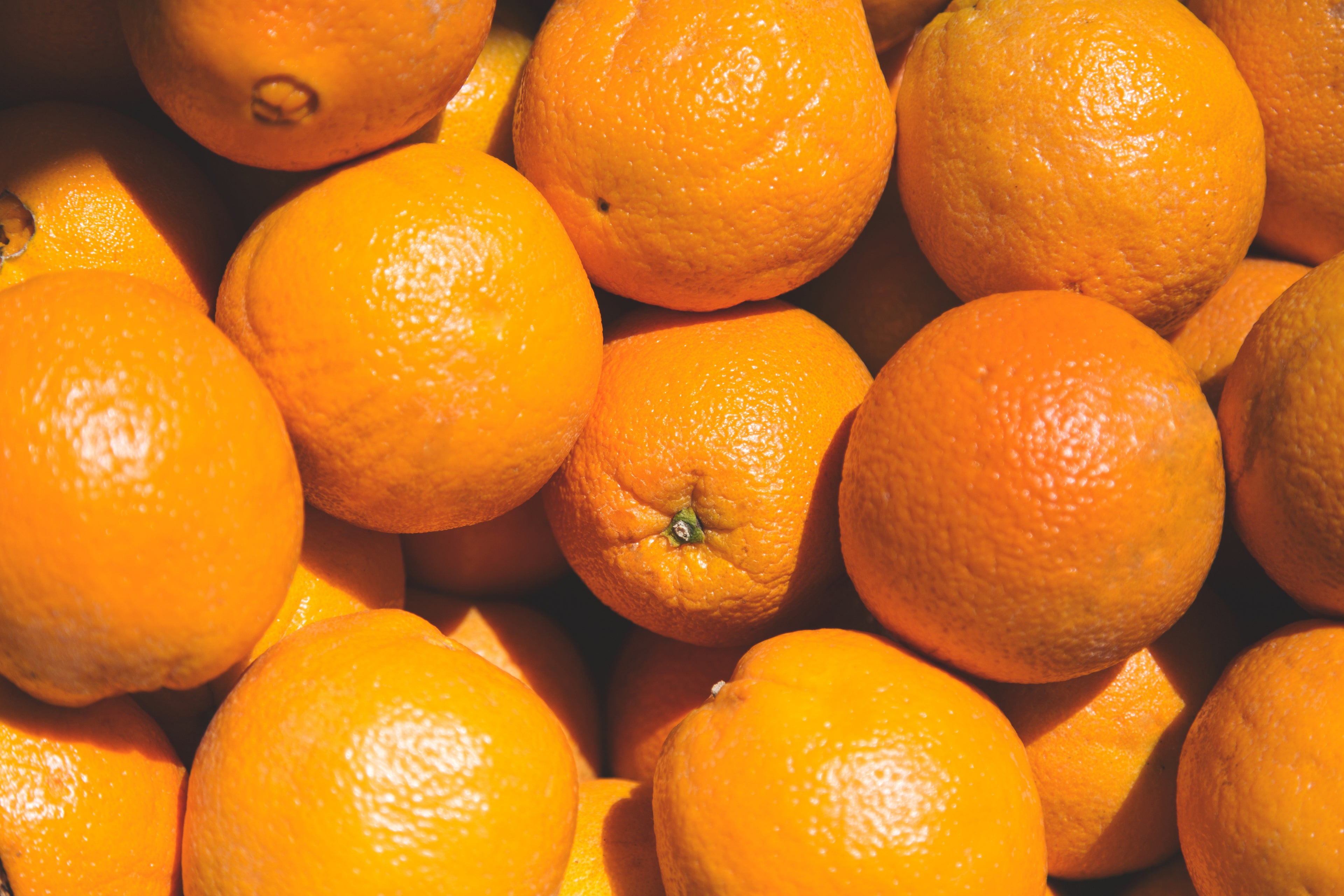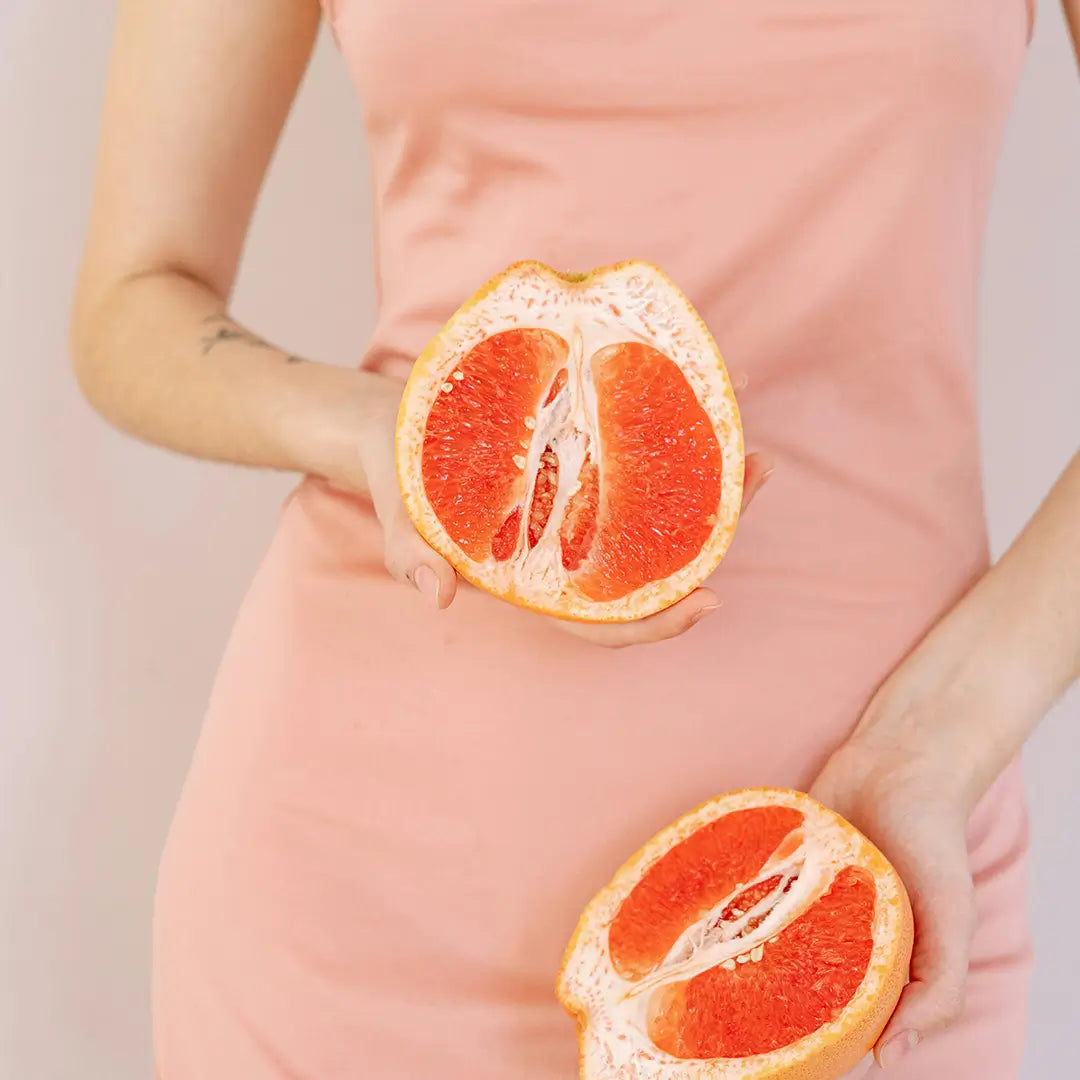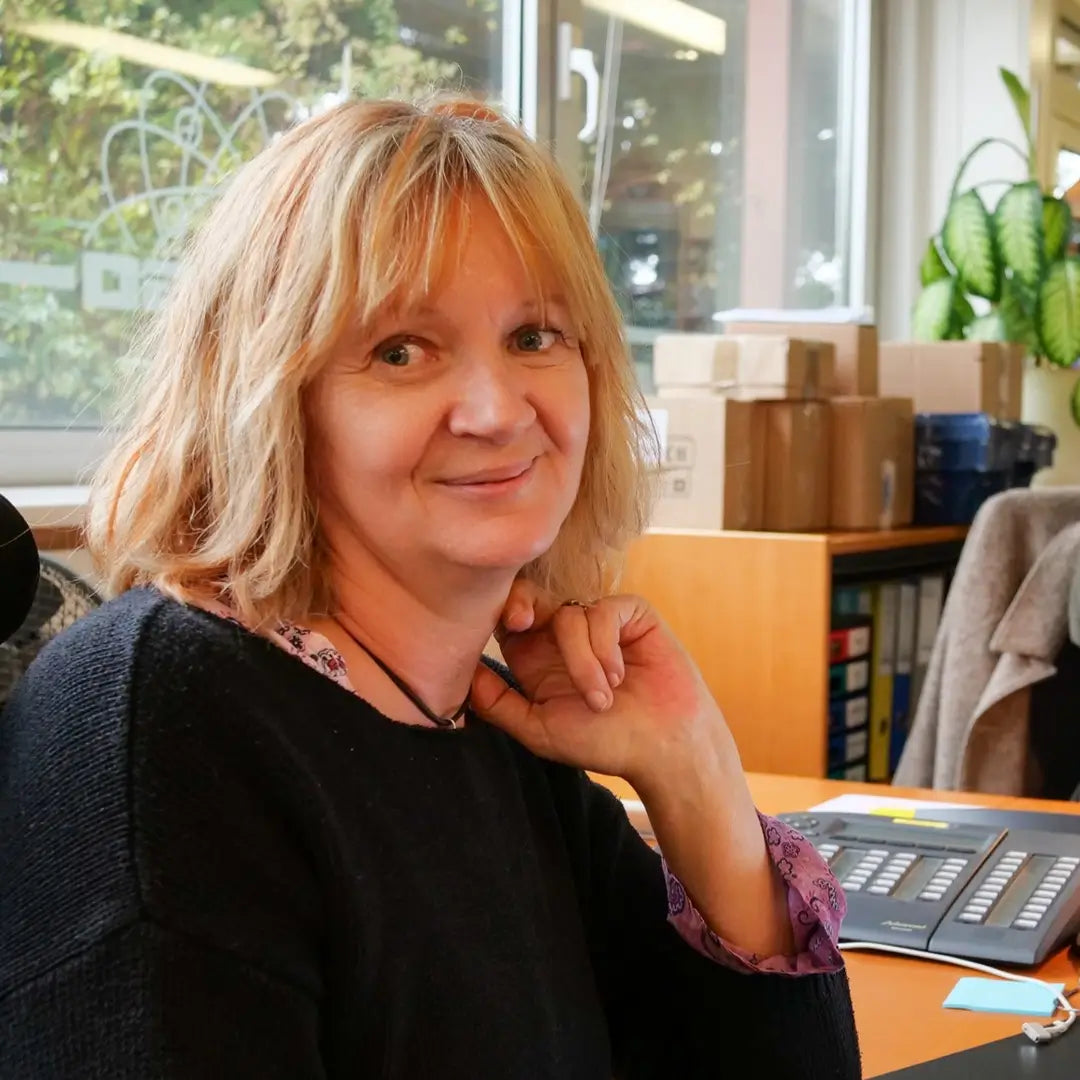His story
-
This story takes place in 1980 in Florida. Dr. Jacob Harich, an amateur gardener, discovers with astonishment that grapefruit seeds thrown onto a compost heap do not decompose. Not only a doctor, but also an "Einstein Laureate" physicist and immunologist, he is interested in natural remedies and decides to examine this phenomenon more closely.
-
He found that the material contained in grapefruit seeds was likely more effective and less harmful than all known antibiotics, which only acted on certain bacteria. Several studies were carried out, notably by Dr. Allan Sachs, a physician and lecturer, which demonstrated that the extract obtained from grapefruit seeds not only tended to render harmless viruses and bacteria, but also certain parasites, fungi, and yeasts.
Bio-flavonoïdes
Ce sont des composés de la classe des polyphénols (quercétine, hespéridine, rutine) largement présents dans le règne végétal. Constituants des pigments qui donnent leurs couleurs aux pétales entre autres, ils ont de puissantes propriétés antioxydantes et sont un composant essentiel de défense contre les attaques extérieures.
Notre organisme en a besoin, mais ne les produit pas: il doit donc les trouver dans son alimentation.

Vitamin C
A vitamin is an organic substance required in small doses for metabolism that cannot be synthesized by the body or in insufficient quantities. Its intake is therefore solely through nutrition. A powerful antioxidant, it is also involved in: iron metabolism, collagen synthesis, the production of red blood cells, and the functioning of the immune system.
Main indications
-
Sore throat/Bronchitis
Tonsillitis inflames the tonsils and causes a sore throat, difficulty swallowing, and fever. Bronchitis inflames the bronchi and bronchioles. Both conditions are infectious.
- Dosage
15 to 30 drops or 2 capsules – 1 to 3 times a day until symptoms disappear.
Gargle 5 to 6 times a day with 10 drops mixed with warm water. -
Candida albicans/ Mycoses
The yeast Candida albicans can establish itself in the intestines: it produces approximately one hundred toxic substances that can affect various bodily functions. Treatment should always be accompanied by a change in eating habits as well as water drainage (at least 1.5 liters per day), because the death of the fungi also releases toxins.
- Dosage
If the detoxification organs are weakened (kidneys, liver), it is better to start with a small dose: 3 drops or one tablet per day and increase slowly over the next few weeks. The treatment can last from 3 to 4 months.
-
Cystitis/bladder inflammation
In chronic or acute bladder infections, it is recommended to drink at least 1.5 liters per day. For chronic cases, treatment can be carried out over several weeks and continued for a few days after symptoms have stopped.
- Dosage
15 to 30 drops or 2 capsules – 1 to 3 times a day (take the last dose just before bedtime).
-
Internal parasites
A large number of parasites, from tiny microorganisms to tapeworms, have chosen humans as their host. To protect yourself, it is recommended to take 1 to 2 courses of treatment per year.
- Dosage
15 to 30 drops or 2 capsules – 1 to 3 times a day. Take over several weeks.
-

-
Food:
Bioflavonoids can also be found in food. Here are the main sources:
- Red fruits, citrus fruits
- Spinach, broccoli, onions
- Black/white beans
- Dark chocolate
- Green tea, coffee
Bibliographie
Le manuel de l'extrait de pépins de pamplemousse
Shalila Sharamon & Bodo Baginski-éditions Médicis
L'extrait de pépins de pamplemousse
Charlotte Raut-éditions Grancher
Les flavonoïdes en général
Silvana Villarreal Rivas-éditions Notre savoir
Les vitamines, minéraux et oligoéléments
Jean-Luc Darrigol-éditions Piktos









